DOG TRAINING OFFERED IN-PERSON AND ONLINEOur dog training services are delivered in almost any format that meets your needs. We have GROUP CLASSES at our indoor and outdoor facilities on our farm, ONLINE LIVE STREAMING classes, and SELF-PACED VIDEO-BASED training through our Online Dog Training Course. Our PRIVATE TRAININGS can be done in-home, outside, in public dog-friendly locations, at our facility on our farm, online via phone or video conferencing and through email. |
Question:
My dog just turned two years old and still acts like a puppy sometimes. I like that she’s young at heart, but when can I expect her to mellow out and not be so rambunctious?
The Trainer Answers:
One of the reasons dogs and humans get along so well is that they are both among the few species that seem to make play such an important part of their adult lives. Many animals play during childhood but it usually fades during adulthood. Dogs and humans love to play long into adulthood. While some dogs play less and less as they get older, some will continue throughout their lives. That’s part of what we love about dogs!
Play and other rambunctious “puppy-like” behaviors will often diminish as dogs get older. If you look at the demographics of dogs at dog parks and in daycares, the majority playing are adolescent dogs. What is an adolescent dog? Puppies are considered to become adolescents around the time they begin to mature in the sense that they are losing their puppy teeth and moving toward sexual maturity. This begins to happen somewhere between 4 and 6 months of age.
The tougher question is how long does adolescence last? There is no definitive answer to this question. There are no cut and dried dates for maturity. Think about the people you know. At what age would you say they were “mature” or “adults”? Maturity comes at different rates to everyone.
For dogs, maturity or adulthood comes somewhere between one, two, three or even four years old. Smaller dogs tend to mature faster, so you might see it closer to one to one-and-a-half years old. Large breed dogs tend to be slower to mature, so you might see it closer to two, three or even four years old. Giant breed dogs tend to be the slowest to mature. You can probably think of some dogs where it seems to take even longer than four years!
As with humans, maturity is a gradual process. You didn’t go to sleep one night being an immature adolescent and wake up the next morning a mature, responsible adult. Neither will your dog.
Keep in mind that “young-at-heart” does not necessarily mean your dog does not know how to use self-control and make good choices or listen to you. Neither does maturity. If you are looking for your dog to mature in the sense that she will be less energetic, then you’ll just have to wait and see. It will happen gradually, but your dog’s size and breed will be factors.
However, if you are talking about a dog maturing in the sense that the dog listens to you and is not continuing obnoxious “puppy” behaviors such as jumping, nipping, pulling on leash, and not coming when called, then a mixture of age along with training will be needed. You shouldn’t excuse your adolescent dog from good behavior, but you also need to understand that she is not going to make the best choices every time. With your help, she will gradually get better and better at listening and making good choices, but I wouldn’t count on aging alone to resolve those issues. It might, but why take that chance?
Dogs aren’t mind-readers, so you will need to do some training and learn to communicate clearly with your dog so she can begin to understand what you expect. Teaching her what you want her to do is the most effective way. While it’s easy to revert to punishment when we get frustrated at obnoxious behaviors, it is not the most effective way for your dog to learn to “grow up” and behave in the way you want.
At two years old, your dog is on the way to maturing, but is likely still an adolescent to some degree if she is a large breed dog. Help your dog learn to make good choices and listen to you with some training, but also enjoy this “young-at-heart” stage because you never know how long it will last. You might have days you wish your dog were less energetic, but when she’s older, you’ll look back and fondly remember the fun you both had when she was a fun-loving adolescent!
Our goal is to positively impact the lives of as many dogs and their families as we can, in part through our extensive library of video, infographics and text articles. |
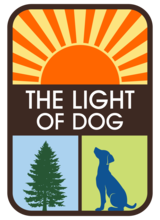
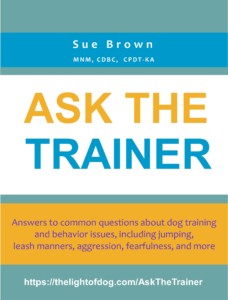


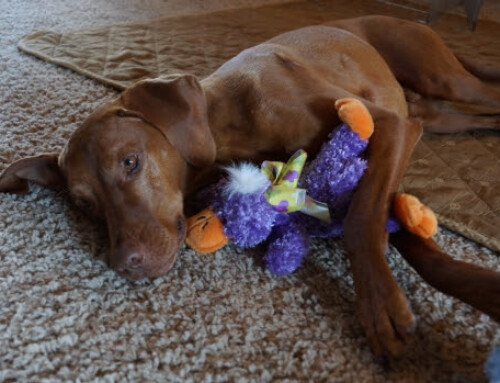
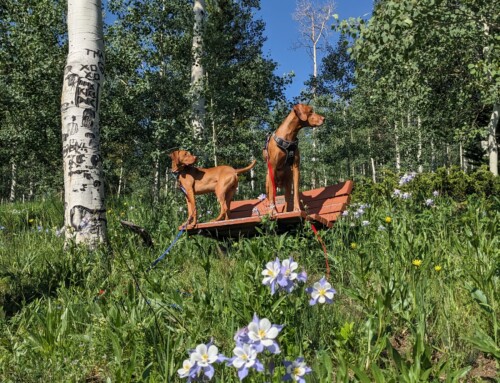
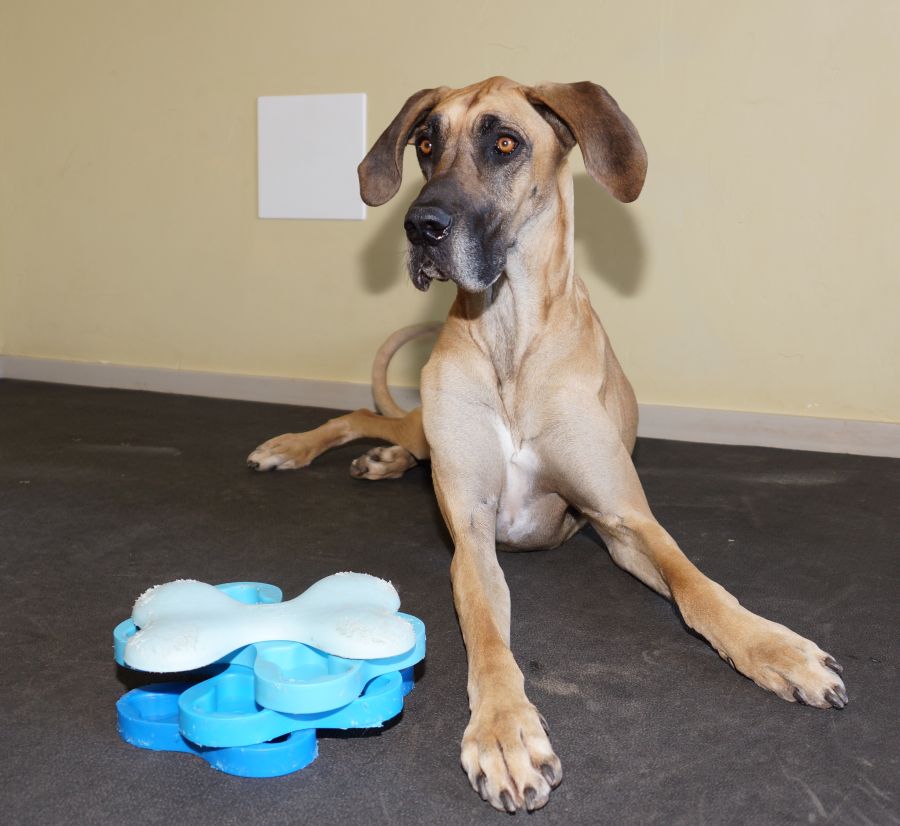
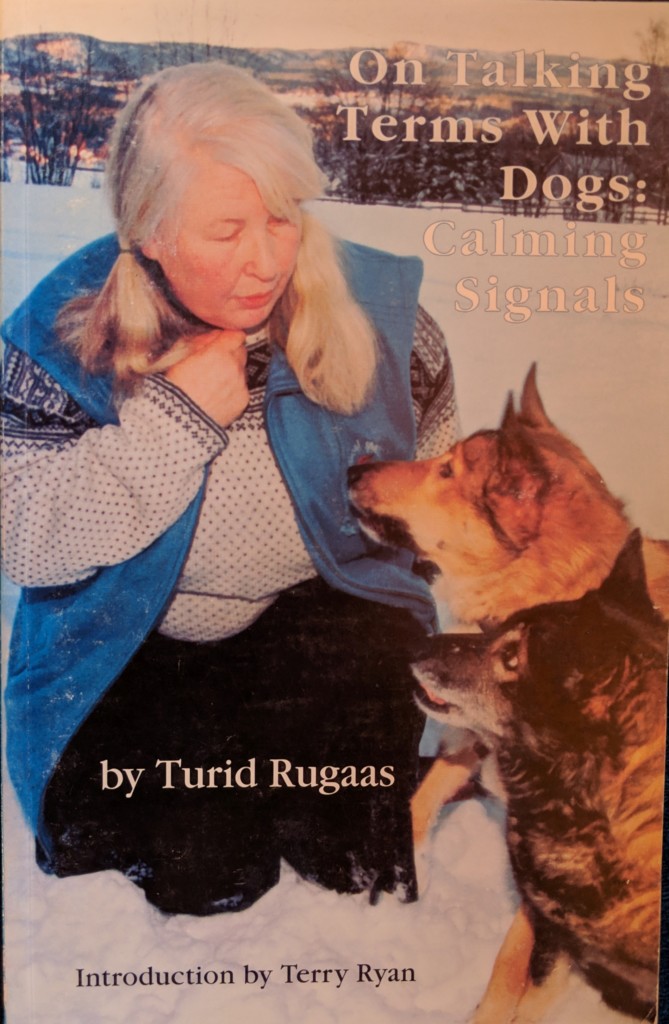
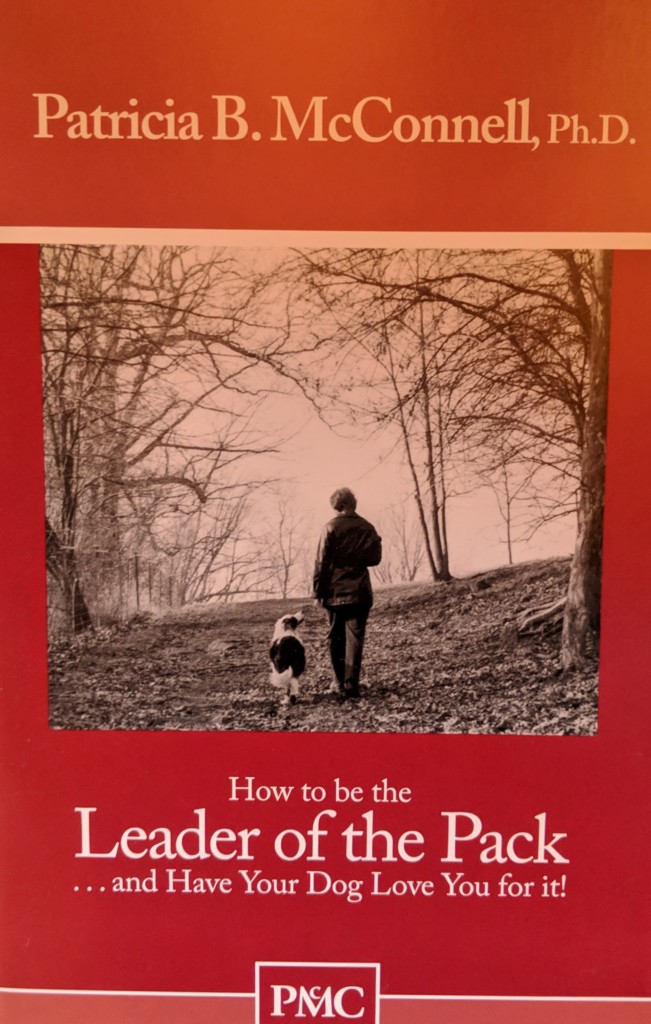
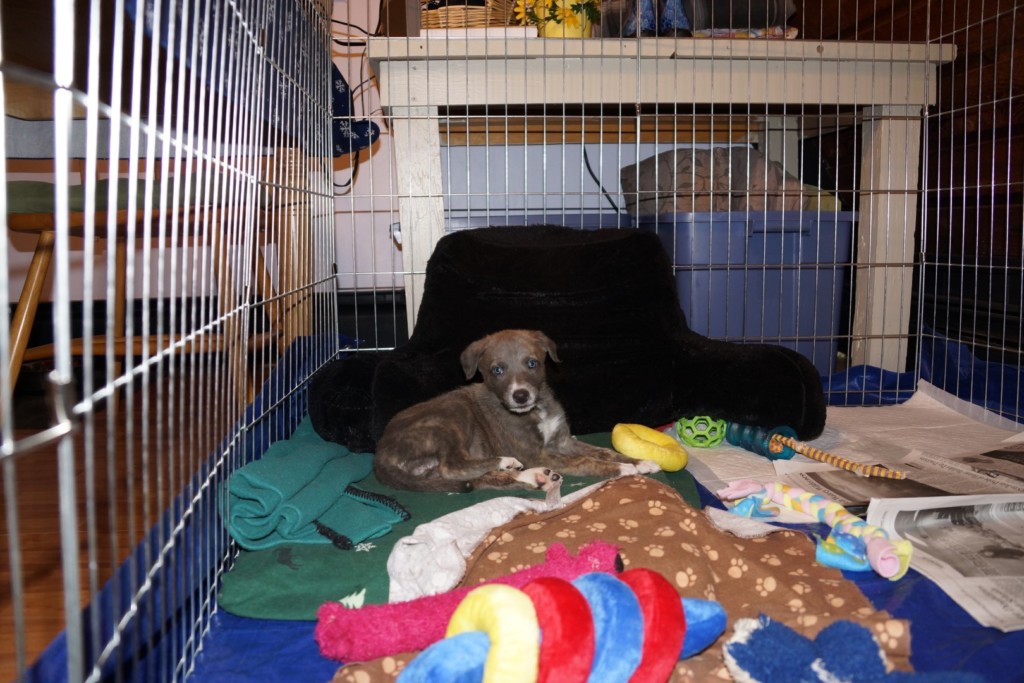
Leave A Comment